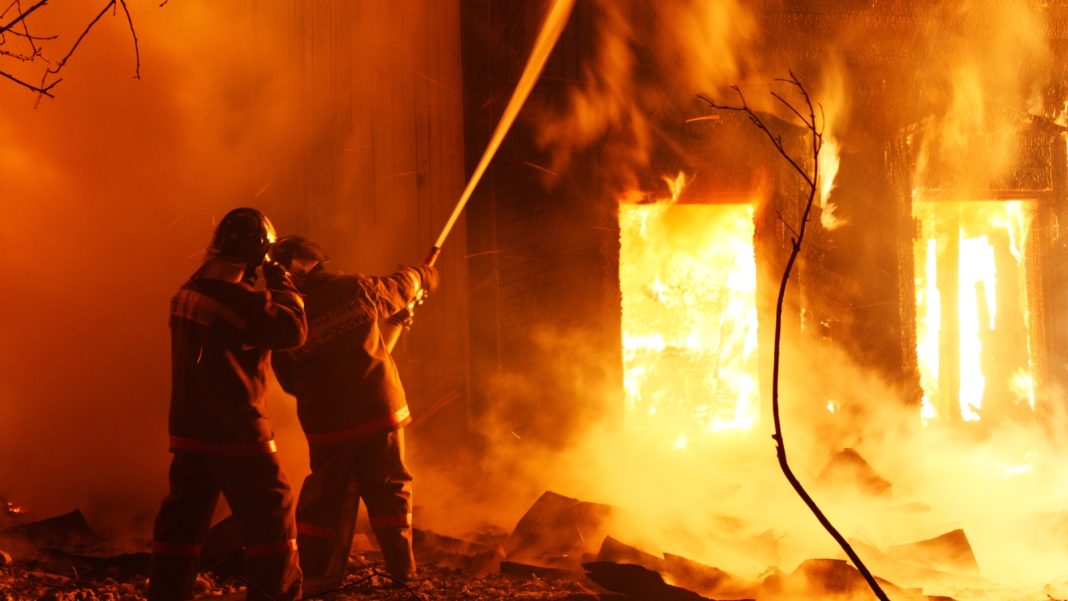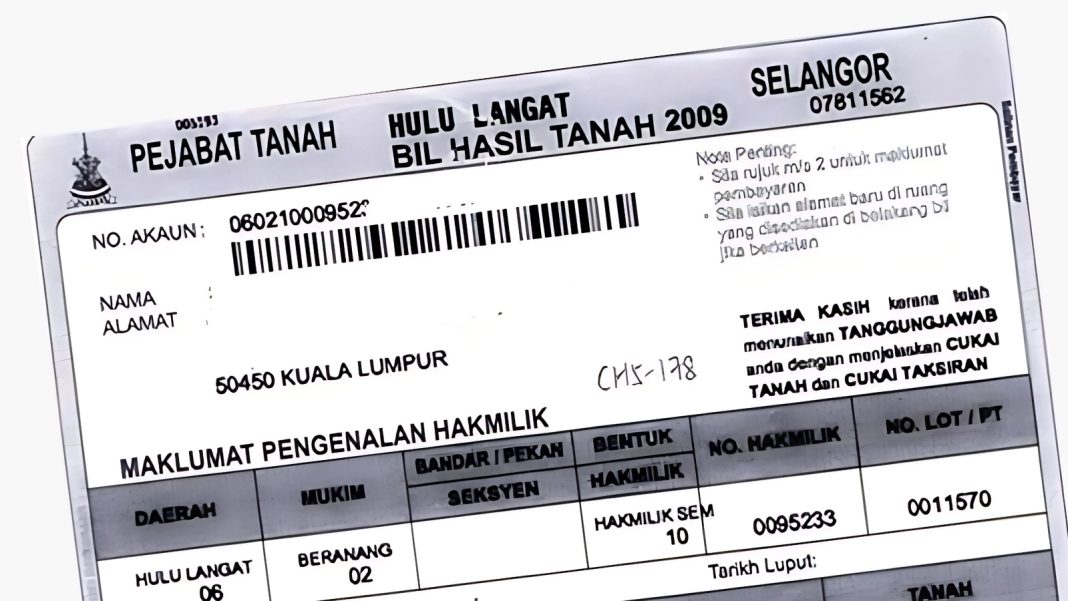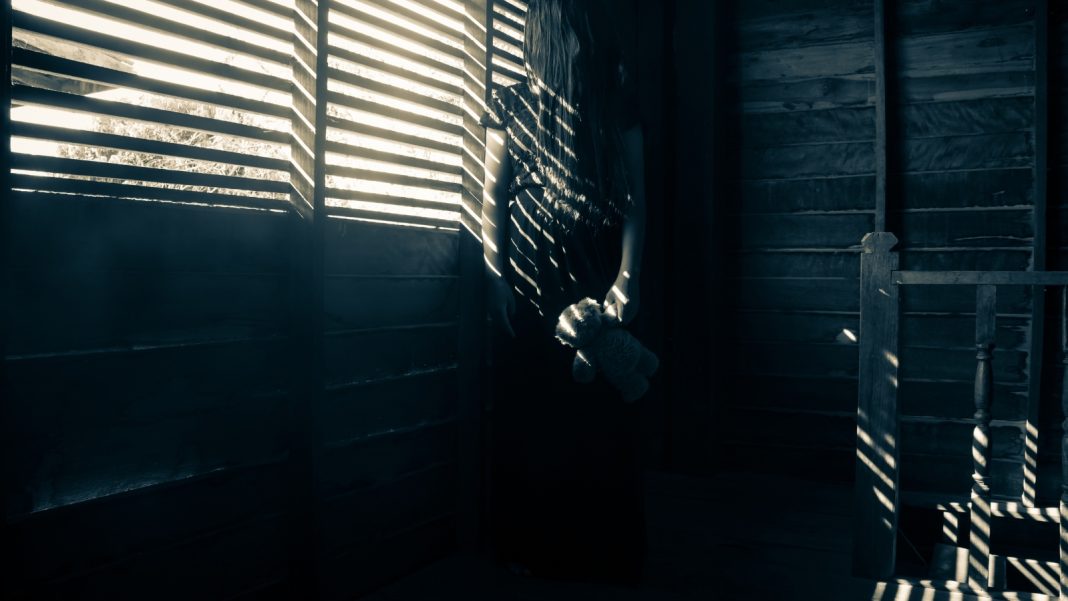Fires are among the most devastating hazards that can strike a home. In Malaysia, both landed residential homes and high-rise buildings face unique fire risks due to design, lifestyle habits, and sometimes lax safety practices. While it’s impossible to eliminate all risks, understanding the common hazards and taking preventive measures can greatly reduce the likelihood of a fire.
Common Fire Hazards in Landed Homes

- Overloaded Electrical Outlets
Many Malaysian households plug multiple appliances into a single outlet, especially during festive seasons. Overloading circuits can cause overheating and spark fires. - Faulty Wiring
Aging or poorly installed electrical systems in older homes pose a significant fire risk. Exposed or frayed wires can easily ignite flammable materials nearby. - Open Flames
Cooking with gas stoves, using candles during power outages, and traditional prayer rituals involving fire can lead to accidents if not closely monitored. - Flammable Storage
Storing items like paint, thinner, or aerosol sprays in areas with high temperatures or poor ventilation increases the risk of combustion. - Unattended Cooking
Most fires in landed homes originate from kitchens due to unattended cooking or overheating of oil on the stove.
Fire Hazards in High-Rise Residentials
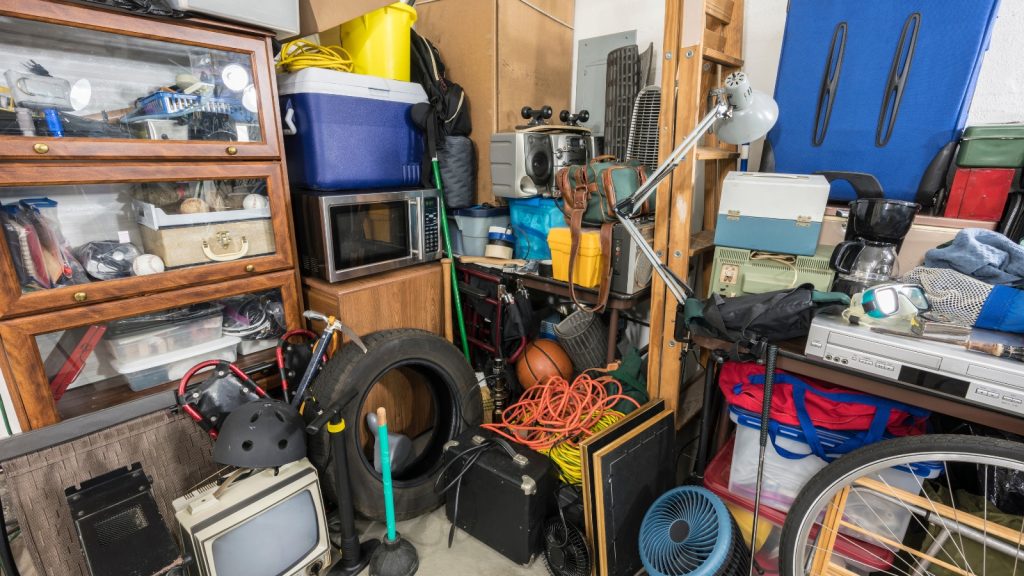
- Overcrowded Units
Overcrowded apartments with excessive electrical appliances can overload the wiring, increasing fire risks. - Blocked Emergency Exits
In some high-rise buildings, fire exits are blocked with personal belongings, making evacuation difficult during emergencies. - Neglected Maintenance
Poorly maintained fire safety systems like alarms, sprinklers, or extinguishers can delay response times and worsen fire damage. - Improper Disposal of Cigarette Butts
High-rise buildings often experience fires caused by discarded cigarette butts landing on flammable materials on balconies or lower units. - Cluttered Balconies
Storing flammable items like furniture, cardboard boxes, or fabrics on balconies creates an easy ignition point during a fire.
How to Protect Your Home from Fire Hazards
For Landed Homes
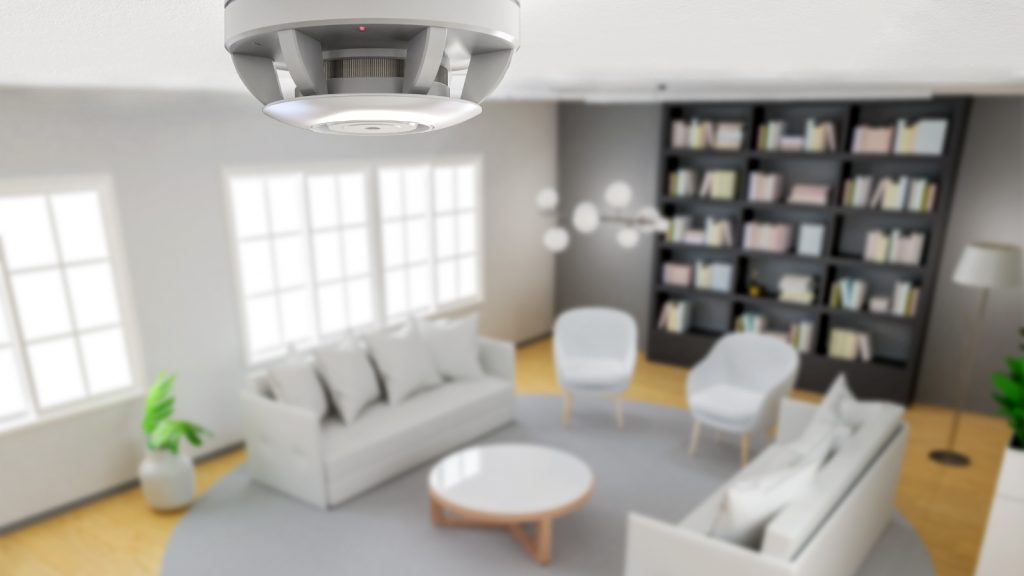
- Upgrade Electrical Systems
Hire a certified electrician to inspect and upgrade old wiring. Install surge protectors and avoid overloading outlets. - Safe Cooking Practices
Never leave cooking unattended. Keep a fire blanket or a Class B fire extinguisher in the kitchen. - Store Flammable Items Safely
Keep flammable materials in cool, ventilated areas, away from heat sources. - Install Smoke Detectors
Place smoke detectors in the kitchen, living room, and bedrooms to ensure early fire detection. Test them monthly. - Educate Your Family
Teach family members how to use a fire extinguisher and what to do during a fire. Conduct fire drills periodically.
For High-Rise Residentials

- Ensure Clear Emergency Exits
Work with your building management to ensure all fire exits are accessible and unobstructed. - Inspect Fire Safety Systems
Verify that the building’s fire alarms, sprinklers, and extinguishers are regularly serviced and functional. - Be Cautious with Electrical Appliances
Avoid using counterfeit electrical devices or chargers, which can overheat and spark fires. - Practice Balcony Safety
Avoid storing flammable items on balconies, and use fireproof ashtrays to properly extinguish cigarettes. - Stay Informed
Familiarize yourself with your building’s fire safety procedures, including evacuation routes and the location of fire alarms.
What to Do in the Event of a Fire

- Stay Calm and Act Quickly
Panic can hinder decision-making. Take a deep breath and focus on evacuating safely. - Raise the Alarm
Alert everyone in the home by shouting “Fire!” or activating the fire alarm system if available. - Evacuate Immediately
Use the closest safe exit to leave the building. Do not stop to collect personal belongings. - Avoid Smoke Inhalation
If there is heavy smoke, crawl low to the ground where the air is clearer. Cover your nose and mouth with a damp cloth if possible. - Do Not Use Elevators
In high-rise buildings, always use stairwells to exit, as elevators can malfunction or become traps during a fire. - Close Doors Behind You
Closing doors as you exit can help slow the spread of the fire and smoke. - Call Emergency Services
Once you are safely outside, call 999 to report the fire and provide your location. - Do Not Re-Enter
Never go back into a burning building for any reason. Inform fire personnel if someone is trapped inside. - Meet at a Designated Spot
Have a pre-arranged meeting point for your family or housemates to ensure everyone is accounted for. - Provide First Aid
If someone is injured, administer basic first aid until medical help arrives.
Steps to Take After a Fire

- File a Police Report
Contact your local police department to report the incident and obtain a copy of the report for insurance claims. - Inform Your Insurance Provider
Notify your insurance company as soon as possible. Provide them with all necessary documentation, including the police report, photos of the damage, and an inventory of lost items. - Document the Damage
Take clear photos or videos of the affected areas and damaged belongings. This evidence will be crucial for your insurance claim. - Secure Your Property
If possible, board up broken windows and doors to prevent further damage or theft. - Consult Restoration Services
Hire professional restoration companies to assess the damage and begin cleanup. They can help remove debris, smoke odors, and water from firefighting efforts. - Seek Temporary Housing
If your home is uninhabitable, your insurance policy may cover temporary accommodations. Check with your provider for details. - Replace Vital Documents
If important documents like birth certificates or property titles were destroyed, contact the relevant authorities to obtain replacements. - Get Emotional Support
Experiencing a fire can be traumatic. Reach out to friends, family, or professional counselors for support during this challenging time. - Review Fire Safety Measures
Reflect on what caused the fire and take steps to prevent a recurrence. Upgrade safety measures like smoke detectors, fire extinguishers, and electrical systems if needed. - Follow Up with Insurance
Stay in touch with your insurance adjuster to ensure a smooth claims process and address any additional requirements promptly.
General Fire Safety Tips for All Homes
- Create an Emergency Plan
Plan escape routes and designate a safe meeting point for your family. - Keep Fire Extinguishers Handy
Install at least one fire extinguisher on each floor of your home. Learn how to use it effectively. - Install Fire-Retardant Materials
Consider fire-resistant doors, curtains, and furniture to minimize the spread of flames. - Turn Off Appliances When Not in Use
Always unplug appliances when leaving the house or before going to bed. - Get Insured
Ensure your home is covered by a fire insurance policy to mitigate financial losses in case of an accident.
Conclusion
Fire hazards are a serious concern for both landed and high-rise residential homes in Malaysia. While many of these risks stem from common habits or negligence, they can be mitigated with awareness and preventive actions. By taking proactive steps, such as upgrading electrical systems, clearing fire exits, and educating your family, you can safeguard your home and loved ones from potential fire disasters.
Fire safety starts at home—take action today to protect what matters most.
